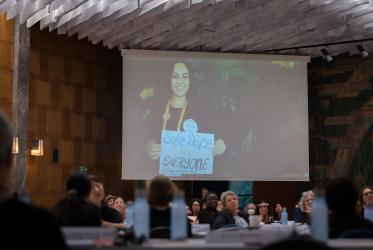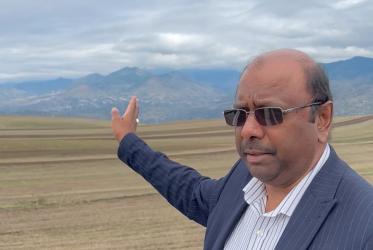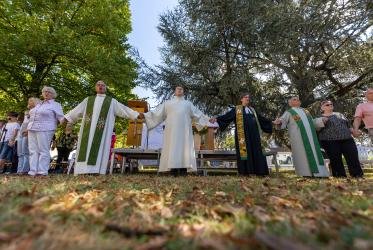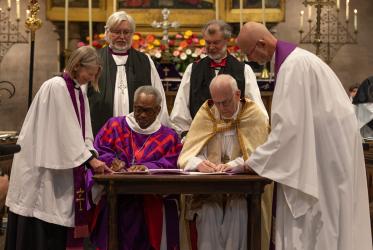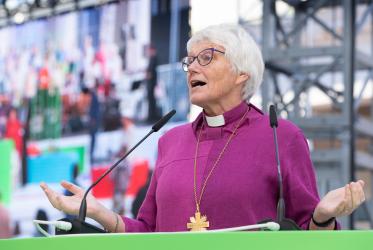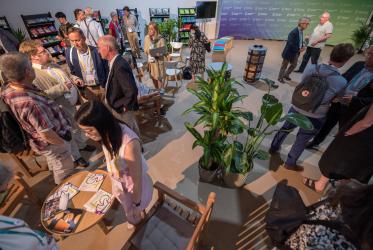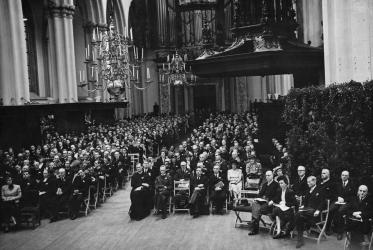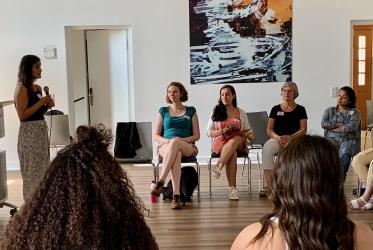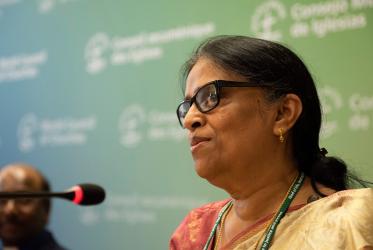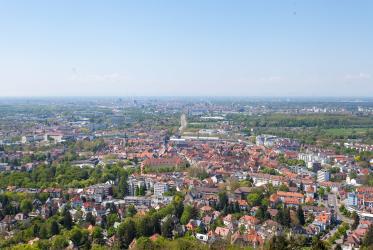Displaying 1 - 20 of 117
Chateau de Bossey thriving as lives are transformed
08 September 2023
At assembly and beyond, WCC publications inspire and move
14 September 2022
Uppsala 1968: The times, they were a’changing
06 September 2022
Assembly participants come together as church families
04 September 2022
